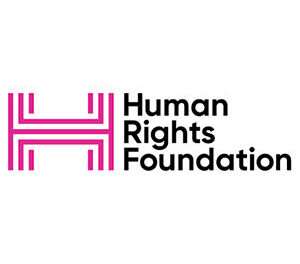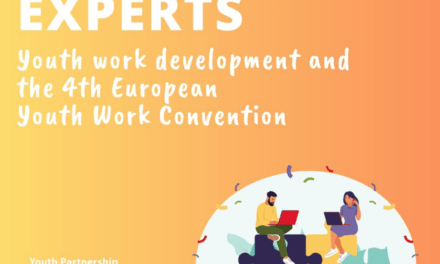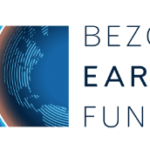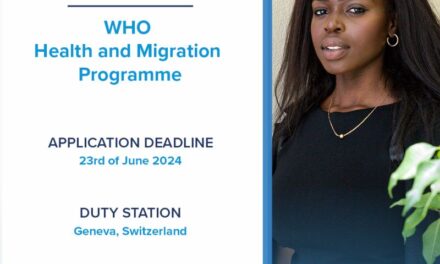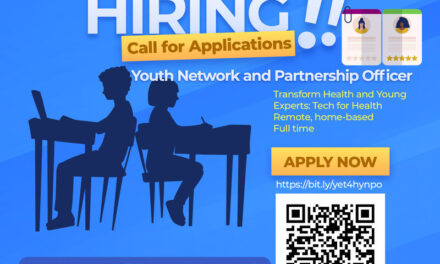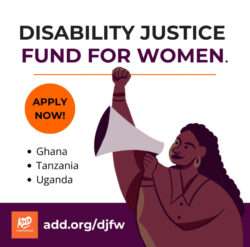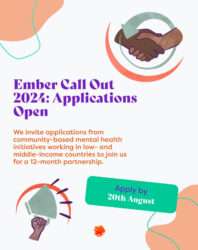Free United Nations Course: Leadership for Planning and Decision-Making with Adolescents(Certificate award)
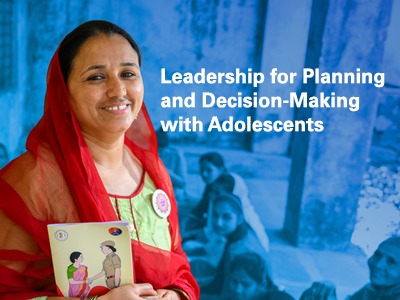
A course to strengthen leadership for adolescent participation in institutions
Leadership for Planning and Decision-Making with Adolescents! will help you to improve your skills in engaging with adolescents, listening to their concerns and priorities, and ensuring they inform your policy, and programme decisions. It will also help you to become a leader in your institution in promoting adolescent participation policies, mechanisms, capacities and practices.
Learning objectives
At the end of this course you will be able to:
- Describe the foundations and principles of child/adolescent participation.
- Engage in inter-generational collaboration with a specific focus on the most marginalized.
- Analyze, develop and implement policies and procedures that mandate adolescent participation in institutional settings.
- Develop accountability mechanisms to ensure participation, feedback and complaints mechanisms, safeguarding mechanisms, and action based on children’s, including adolescents’ voices.
Audience
This course is designed for UN staff, public functionaries and youth-engaging professionals working in government, the non-governmental sector, the private sector and related domains. If you are a decision-maker or planner working on policies and programmes that directly or indirectly affects adolescents and young people, this course is for you.
Length
It should take you about 10 hours of self-paced seat time including projects and reflection exercises.
Methodology
This course has over 100 short videos highlighting the work and viewpoints of adolescents, government officials, UNICEF staff, and civil society actors.
In this e-learning course, we will present the content in ways that will help to make your learning more interactive and engaging! We have Multiple Choice Questions (MCQs), reflection exercises, journal exercises and components such as “hot spots” that enable constant learner interaction in the learning process.
Structure
This online course has twenty-five modules divided into six parts as follows:
Part one: Principles and guidelines
Part two: Intergenerational relationships and biases
Part three: Enabling policies, mechanisms and processes for adolescent participation
Part four: Working for inclusion and diversity
Part five: Responsible planning with and for adolescents
Part Six: Getting practical





